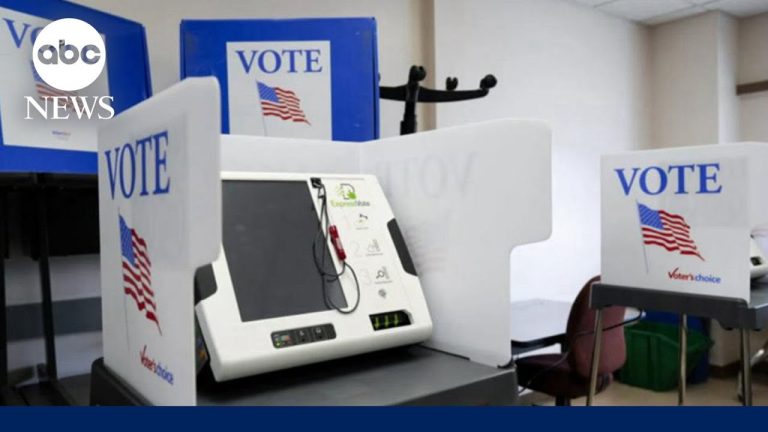November 3, 2010: Tuesday's election will be remembered not only for the historic losses by the Democratic Party in the House, but also the unprecedented amount of outside spending that poured into races, thanks to the Supreme Court's landmark Citizen United decision. Indeed, Democratic Congressional Committee Chairman Chris Van Hollen attributed the GOP wave in part to the "record amount of secret money spent by right-wing outside groups turned this political storm into a category 3 political hurricane."
A new report from watchdog group Public Citizen largely bears out this observation that powerful independent expenditures may have played a significant role. Out of 74 contests in which power changed hands on Tuesday, outside spending benefited the winner in 58 races. Just 14 of the losing candidates received more help than their opponents from these groups.
"Outside undisclosed money provided a real advantage to successful candidates in this election," said Lisa Gilbert, deputy director of CongressWatch, a division of Public Citizen. "Secret contributions in political campaigns are a recipe for influence-buying corruption. The public deserves more information, and renewed battle to increase this sort of disclosure lies ahead in the next Congress."
Winning candidates in these races where power changed hands received, on average, $764,326 from outside groups (not including party committees), compared to $273,268 for the losing candidates.
The greatest disparity was in Illinois' Senate race. Kirk received $8 million more from outside groups than his Democratic opponent Alexi Giannoulias did. Similarly, in Pennsylvania, Republican Pat Toomey enjoyed a $5.3 million advantage from groups like the U.S. Chamber of Commerce and the Club for Growth Action Fund over Democrat Joe Sestak.
In the 74 races examined by Public Citizen, only three shifted control from Republicans to Democrats. With these, the conclusions were split. In one race, the winner had an advantage in outside spending, in another the loser had the edge and in the third, outside spending played a very limited role.








